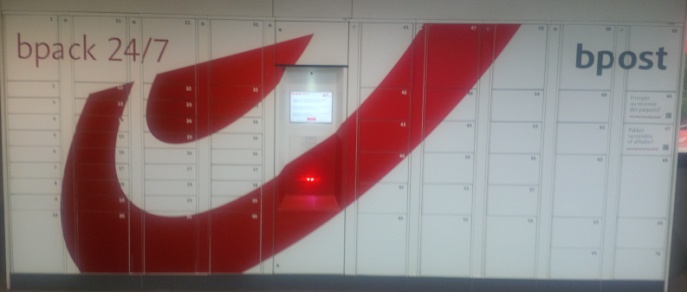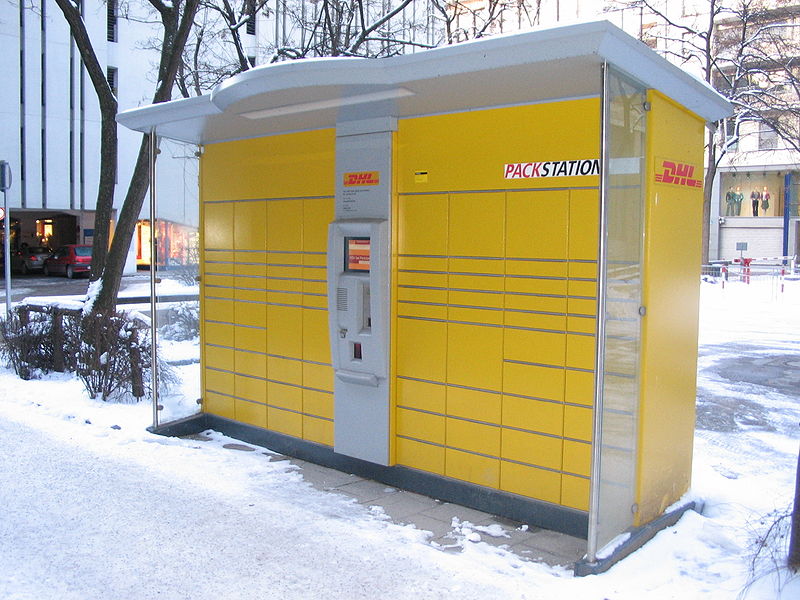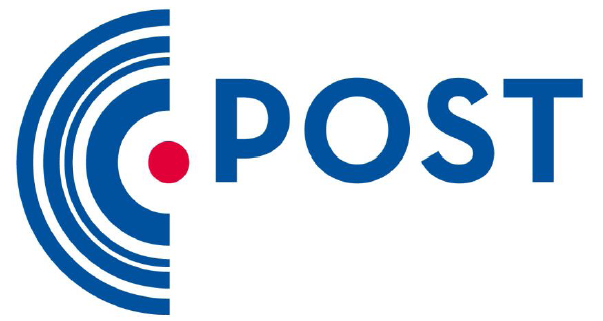- Home ›
- Digital Post Services ›
- Parcel Delivery Without The Post
Parcel Delivery Service Without The Post?
Alternative parcel delivery service methods and providers are entering traditional postal territory and changing business models

One can hardly write about mail and parcel delivery services without acknowledging the current market-dominance of the national postal services.
The traditional role of the posts is 2-fold:
- To act as the mediator between sender and recipient
- To provide last mile delivery to the end consumer
However, others organizations are now starting to take over both these roles.
Postal services no longer have an exclusive role
Where postal services have faced up to the challenges posed by new media, responding by offering their own digital products, their success has been slight and – compared to other businesses – to date shockingly limited.
Postal services are intending to secure their future by extending their current dominance in ecommerce and direct delivery to the end consumer (b2c). However, it is in precisely these business fields that new business models are emerging which contradict the traditional postal delivery model.
A good example of this is Amazon. Its new ecommerce business model positions it as a mediator platform for the sale and purchase of goods and services.
As a one-stop shop – a platform for the sale and purchase of goods and services and a platform organizing delivery of these goods and services according to each customer’s own wishes (range of delivery providers and delivery options, variety of payment methods) – it is clearly at an advantage over a postal service which,
a.) only offers delivery, and,
b.) thanks to Amazon, no longer has direct access to the end consumer when offering its services.
Indeed, the position of postal services is under increasing pressure; platforms such as Amazon are turning the postal services’ remaining offering – last mile delivery – into a commodity.
A commodity devoid of added value and subject to intense competition.
Alternative methods of last mile delivery
Not only is last mile delivery an intensely competitive business, but alternative methods of last mile delivery are also emerging outside existing postal service infrastructure.
One such example is the delivery of mail and parcels to drop-off points. This form of mail and parcel delivery service is popular with consumers who are looking for services which suit their individual, mobile lifestyles. They are also popular with senders who are searching for sustainable solutions, rather than the traditional, and sadly increasingly irrelevant, delivery options offered by postal services.
It is no surprise that businesses such as Amazon, eBay, Zalando and others are beginning to use their internet platforms to offer customers the option of delivering their parcels to set drop-off points, for collection by the customer, at their convenience.
 bpost parcel drop-off point
bpost parcel drop-off pointOnce this option has been established, it is only a small step to creating a drop-off and pick-up infrastructure consisting of automatic parcel stations.
There are already the necessary connections to more than 3 national and international parcel delivery networks, each able to supply this drop-off infrastructure within their existing b2b logistics networks – and at better rates and service level agreements than those offered by postal services today.
This form of parcel delivery service also has the advantage of directly involving consumers in determining the form of delivery – according to their preferences and communicated via mobile media.
Parcel delivery service without the post - already a reality?
A parcel delivery service which removes the need for last mile delivery effectively strips national postal services of the basis for their current monopoly.
Their own parcel delivery service offerings – delivery at their convenience, with the recipient subsequently responsible for picking up their own parcel collection from the depot/post office if not at home when the postman arrives – is no longer in keeping with the times.
The competing services offered by private parcel couriers are shaped by recipient specifications and preferences, and paid for by the consumer. They operate in a fully open and transparent environment made available to all senders and at the same costs.
How postal services are responding
 DHL Pack Station
DHL Pack StationDeutsche Post AG has taking a pioneering step in the postal world, by deploying a nationwide network of parcel stations in Germany, enabling post-free delivery, at least over the last mile.
However, this is only a start – the network and cost-efficiency gains enjoyed by Deutsche Post AG are not (yet) being passed onto the consumers who use the network.
Experts agree that the current Deutsche Post AG parcel station network is only the first generation of such systems.
The second generation of drop-off and pick-up infrastructure will be an open system for senders.
Open infrastructure will be installed by operators who see their role as mediators between senders and recipients. As major sellers of physical goods and services and with national retail outlets, they already have the physical locations and access to existing logistics networks needed to service this infrastructure. They will benefit from significant gains in logistical efficiency and the chance to boost customer loyalty through value added services.
Universal Postal Union driving change
The Universal Postal Union (UPU), which maintains and governs the global postal delivery network, has understood the need to meet last mile delivery preferences. Global standards for delivery and for messages exchanged between postal services have been updated to include alternative delivery addresses and location identifiers.
This will enable national postal operators to offer drop-off and pick-up infrastructure as alternative addresses in destination countries outside their own postal territory, in cross-border parcel delivery.
Successfully moving into the digital domain?
It remains to be seen how successfully postal services will react to the challenge of new business models and competitors moving into their traditional areas of activity.
The UPU is actively extending postal service provision into the internet via its .post platform, a secure and trusted digital postal territory on the internet.

The global .post platform allows its members to offer services including hybrid mail, secured electronic postal services, postal registered E-mail, yellow page services, PostID, electronic postal certification marks and Postal-E-Mailboxes.
In essence this is a post-dominated, digital global network, where the management of data prior to the handling of items, documents and services is the core competence and the added value proposition of modern postal services.
The question is how fast national postal services will actively adopt .post, and how effectively they can leverage on .post to secure their futures as their traditional monopolies are eroded.
Walter Trezek is the Chairman of the Consultative Committee (CC) of the Universal Postal Union (UPU).
- Home ›
- Digital Post Services ›
- Parcel Delivery Without The Post
Does this article cover a topic relevant to your business? Access the CLS Business Lounge for the market intelligence you need to stay ahead of the crowd. Find out more



















